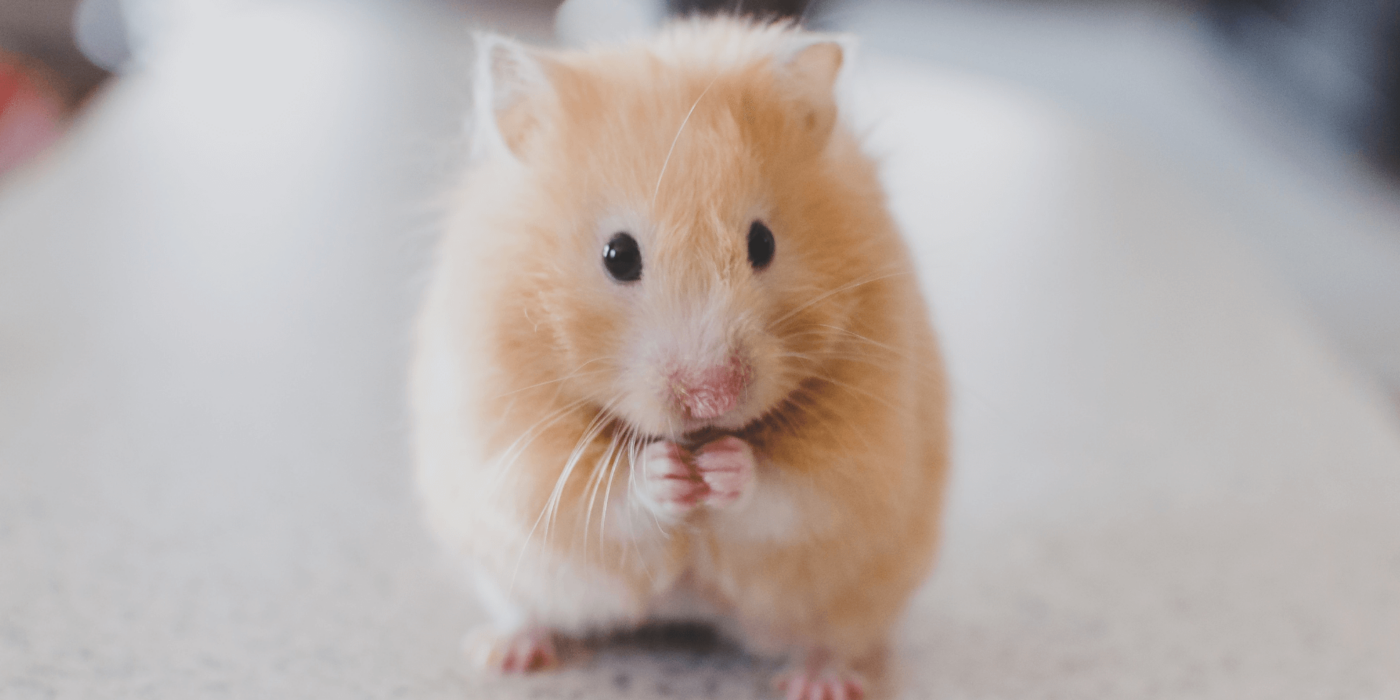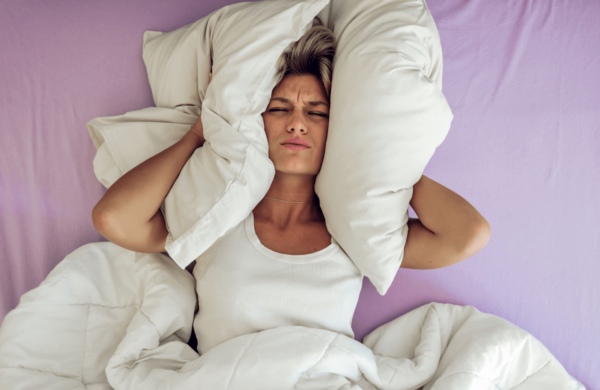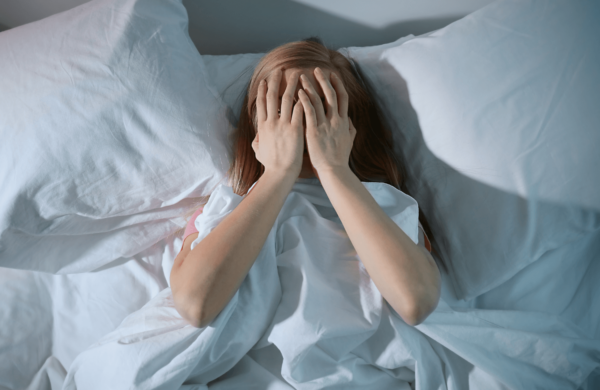The Unseen Risks of Melatonin: What Mice Can Teach Us
Hello, sleep seekers!
We all know that sleep is crucial for our well-being. It’s the time when our bodies recharge and heal. But what happens when sleep eludes us? Many turn to melatonin supplements for a quick fix. But before you pop that pill, let’s delve into some recent research that might make you think twice.
So, What is Melatonin Anyway?
Melatonin is this nifty hormone our bodies whip up naturally. Think of it as Mother Nature’s gentle nudge, telling us it’s time to hit the hay.
As the sun dips and darkness creeps in, our brain gets the memo and starts producing melatonin, making us feel all sleepy and cozy. Hence, it’s earned the nickname ‘sleep hormone’. Pretty straightforward, right?
But here’s where things get a tad complicated. In our modern world, with all its late-night TV binges and endless scrolling on smartphones, our natural melatonin production can get, well, a bit out of whack.
Enter melatonin supplements.
These are the little helpers many turn to, hoping to reset their internal clocks and snag some quality shut-eye.
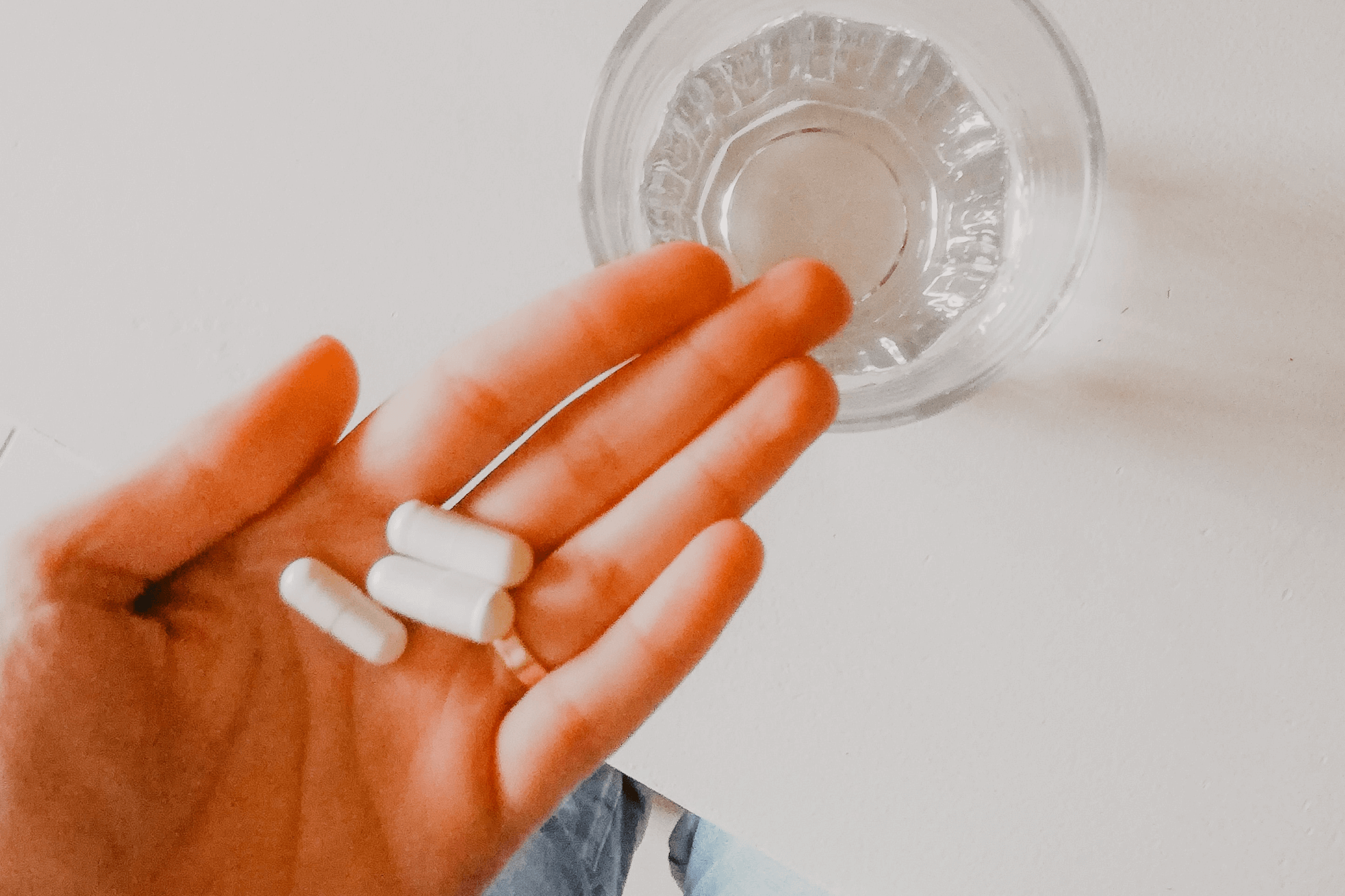
But Wait, There’s a Twist! (Scary Mouse Study)
Now, I recently stumbled upon a study from 2022 that gave me pause. Ready for this?
Researchers found that when mice were given melatonin supplements, their testicles shrunk over a period of time. Yikes! The reproductive systems of normal mice were affected when given melatonin.
Now, I know what you’re thinking: “I’m not a mouse, so why the fuss?”
But here’s the thing: studies on our furry friends often pave the way for understanding effects on humans.
The worry is that if the mice’s reproductive system & fertility can be affected, if this happened within the human body it would be incredibly unhealthy.
So, if melatonin can do that to mice, it begs the question: what might it be doing to us?
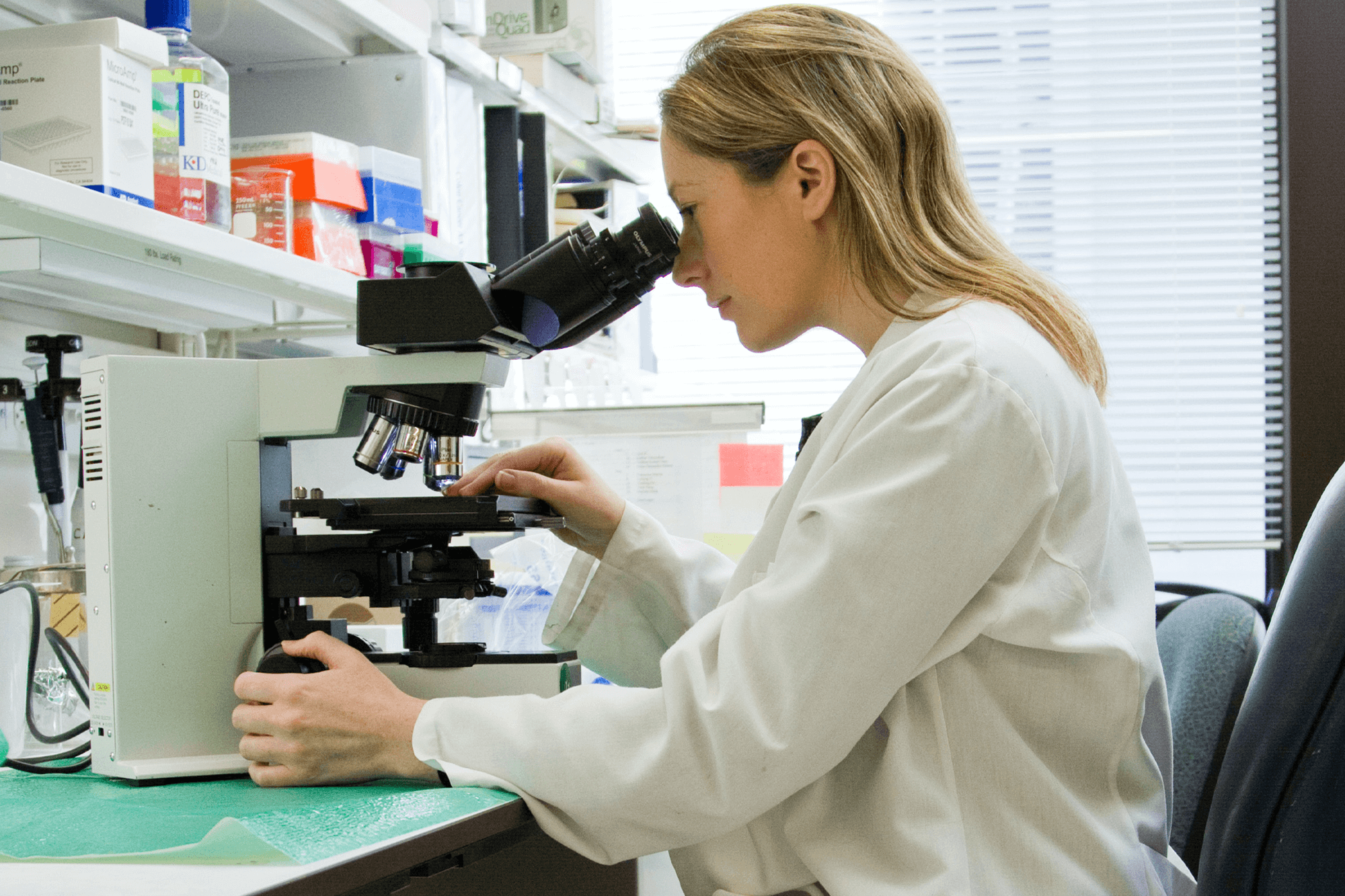
The Human Connection
Many folks, desperate for some solid Z’s, have turned to melatonin supplements. And honestly, who can blame them? With the hustle and bustle of modern life, getting a good night’s sleep can feel like chasing a dream (pun intended).
But while these supplements can be a game-changer for some, it’s essential to be in the know about potential side effects.
If there’s even a smidge of a chance that melatonin might have some unexpected consequences for humans, as it did for our mouse pals, it’s worth a second thought.
Currently though, there is no sufficient evidence that melatonin supplements affect humans negatively in any way, in fact it currently shows the opposite.
So, next time you’re considering a melatonin supplement to help you catch those elusive Z’s, maybe have a chat with your Doctor first. After all, knowledge is power, especially when it comes to our health and well-being.

Is there an Alternative to Melatonin?
If this information has you second-guessing your melatonin supplement, don’t worry. There are plenty of natural alternatives to help you catch those Z’s:
Magnesium Glycinate: This form of magnesium is excellent for reducing stress and promoting relaxation.
L-Theanine: Found in tea leaves, this amino acid can help you relax without making you feel drowsy.
5HTP: This is a precursor to serotonin, which eventually becomes melatonin. It’s like helping your body produce its own melatonin naturally.
Glycine: An amino acid that can help you fall asleep faster by calming your brain and lowering your body temperature.
Holy Basil: Known for its potential stress-reducing effects, this herb might be just what you need to unwind.
Sleep Patches: These contain CBD and lavender, both known for their sleep-promoting effects.
Sleep Masks: These can trick your brain into thinking it’s darker than it is, promoting natural melatonin production.
Blue Light Blocking Glasses: If you can’t avoid screens, these glasses can help by blocking sleep-disrupting blue light.
The Takeaway
While melatonin supplements might offer a quick solution to your sleep woes, it’s essential to consider the potential long-term effects.
Always consult with a healthcare professional before starting any new supplement regimen.
And maybe, just maybe, give some of these natural alternatives to melatonin a try. After all, a good night’s sleep is priceless.
Sleep well, everyone!

